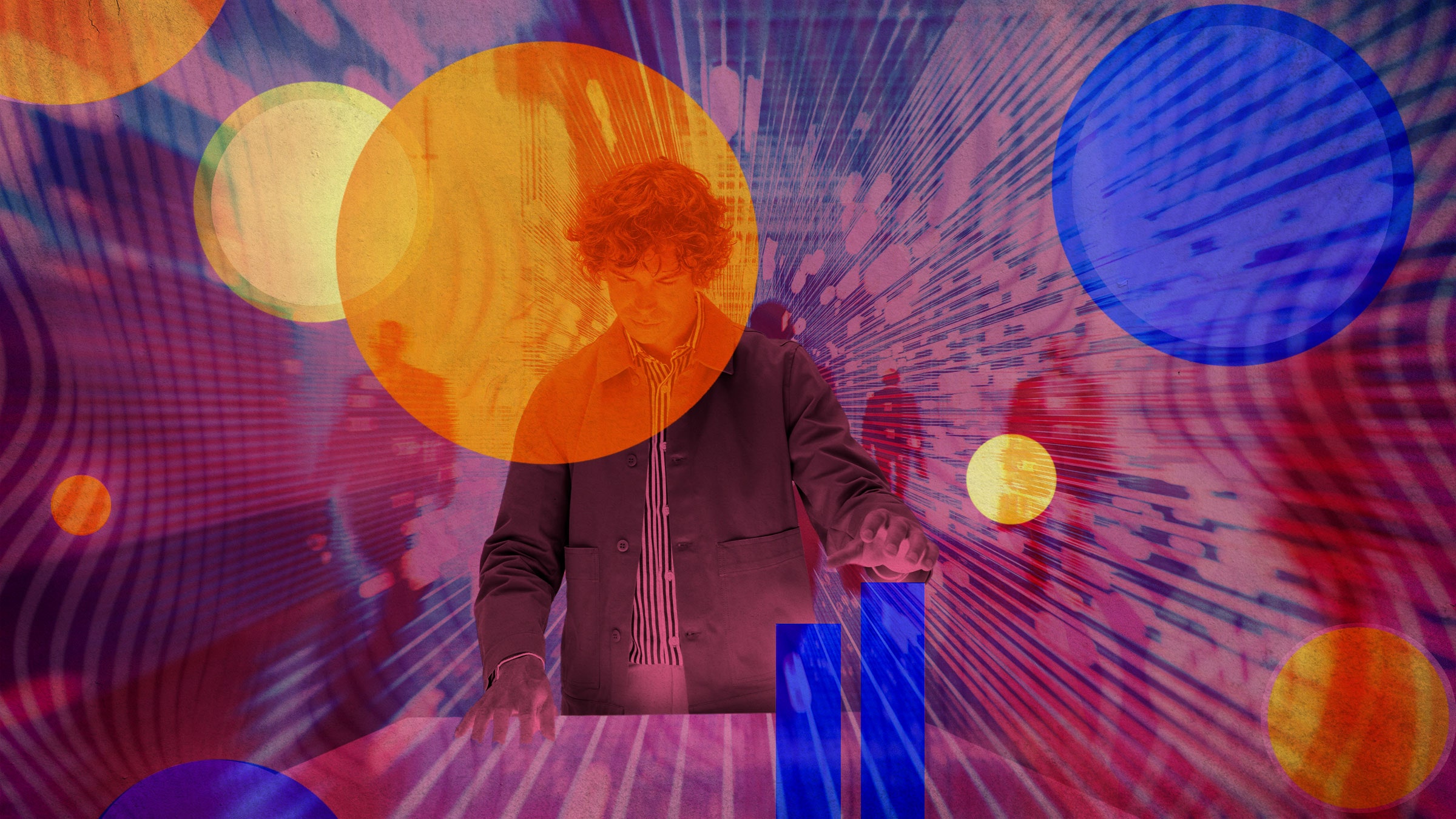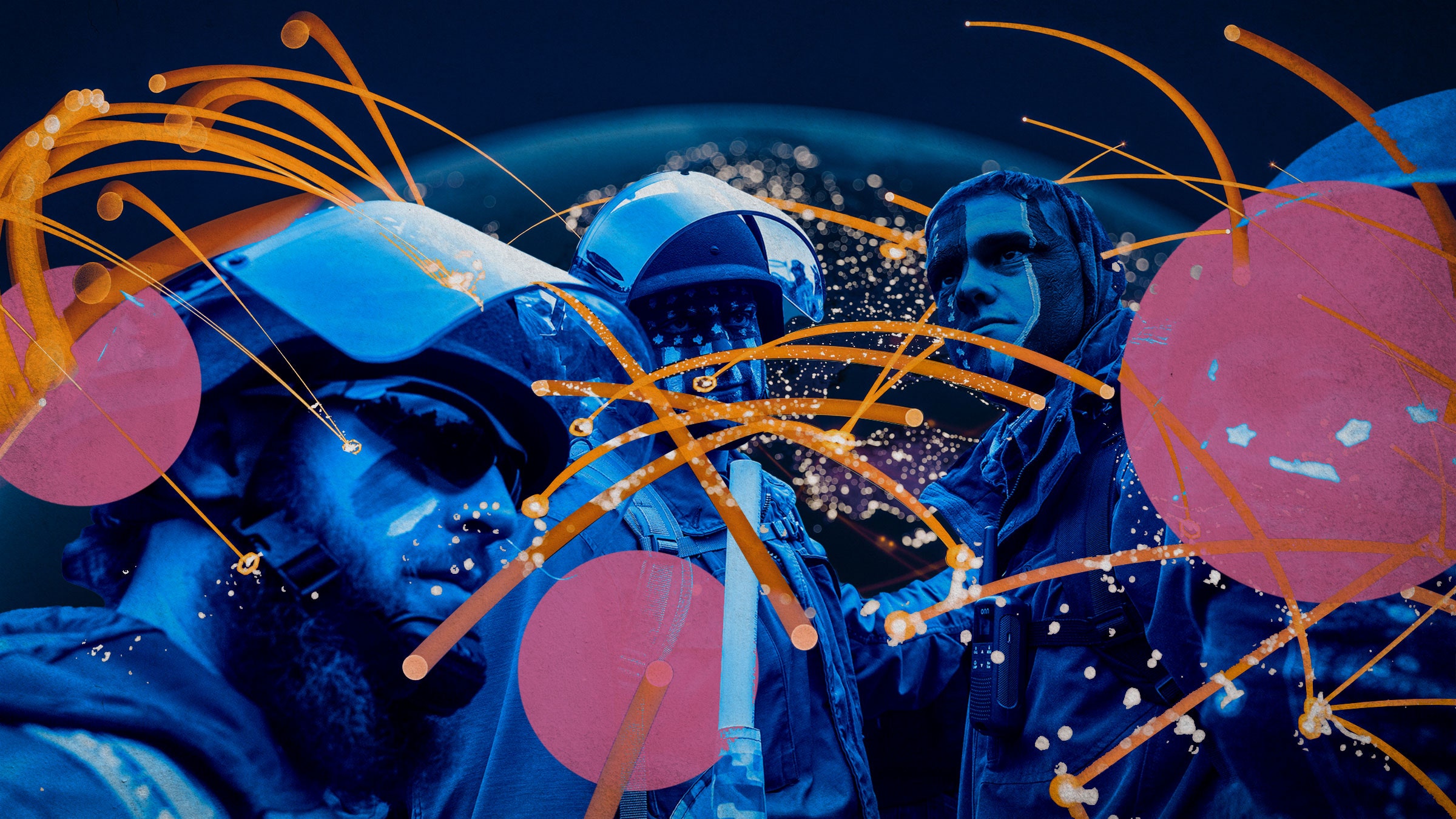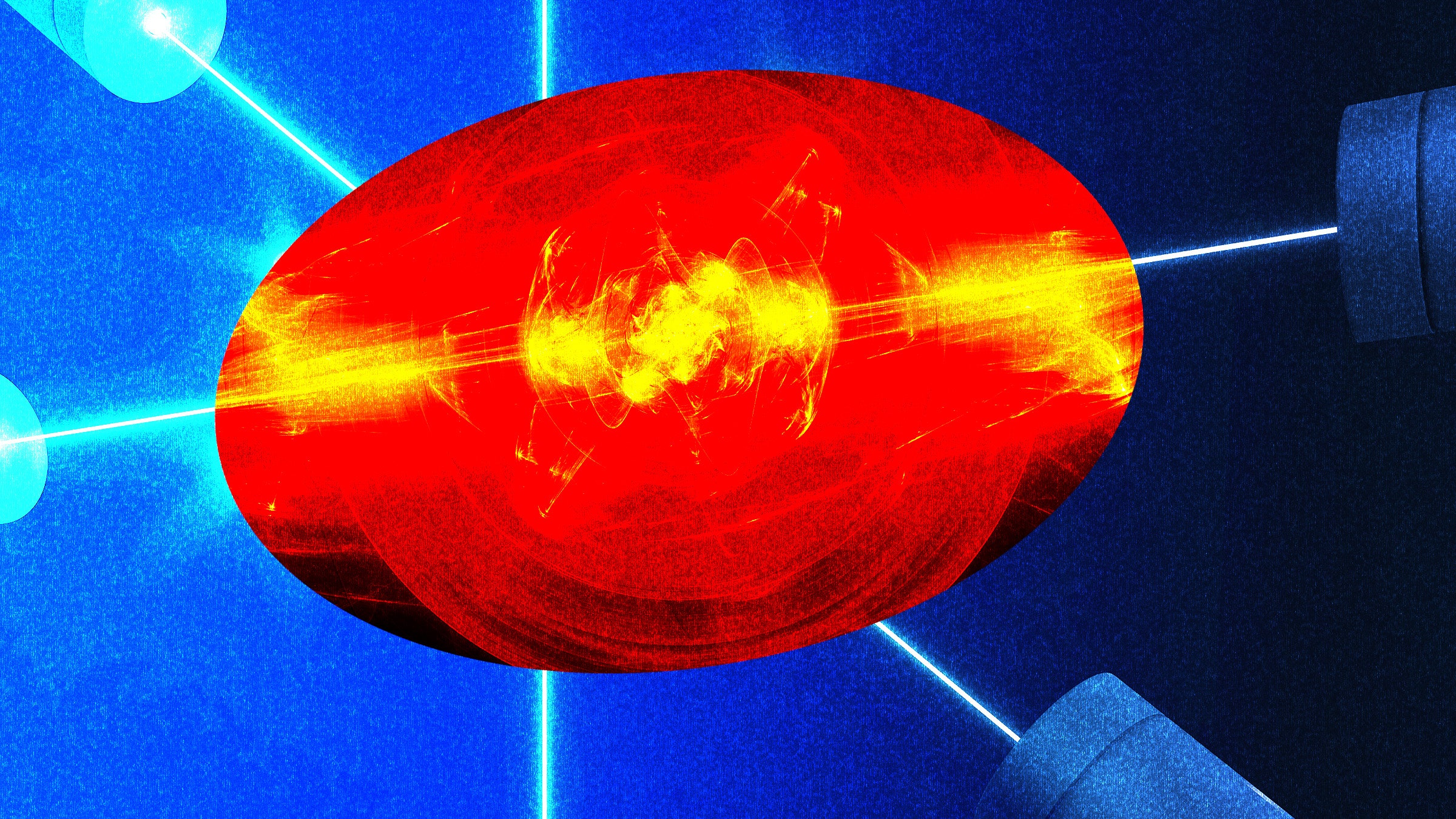The AI-Fueled Future of Work Needs Humans More Than Ever
In today’s rapidly evolving technological landscape, artificial intelligence (AI) is becoming increasingly prevalent in various industries. From customer service bots to advanced data analytics, AI has the potential to revolutionize the way we work. However, despite the rise of AI, the role of humans in the workforce remains crucial.
While AI can automate repetitive tasks and improve efficiency, it lacks the human touch and emotional intelligence that are essential for many roles. Humans excel at creativity, critical thinking, and problem-solving – skills that AI cannot replicate. As such, the collaboration between humans and AI is key to unlocking the full potential of both.
Moreover, as AI takes on more routine tasks, it frees up humans to focus on higher-level responsibilities that require empathy, interpersonal skills, and judgment. By leveraging AI to augment our capabilities, we can enhance productivity and drive innovation in ways previously unimaginable.
However, this shift towards a more AI-fueled future of work also raises important questions about job displacement and upskilling. As certain jobs become automated, it is crucial for organizations to invest in retraining and professional development programs to ensure that workers are equipped with the skills needed for the future.
Ultimately, the AI-fueled future of work presents both challenges and opportunities. By embracing the potential of AI while recognizing the unique strengths of humans, we can create a more efficient, productive, and fulfilling work environment that benefits both individuals and organizations.



